Question And Answer
Publications
Articles, publications, books, tools and multimedia features from the U.S. Institute of Peace provide the latest news, analysis, research findings, practitioner guides and reports, all related to the conflict zones and issues that are at the center of the Institute’s work to prevent and reduce violent conflict.
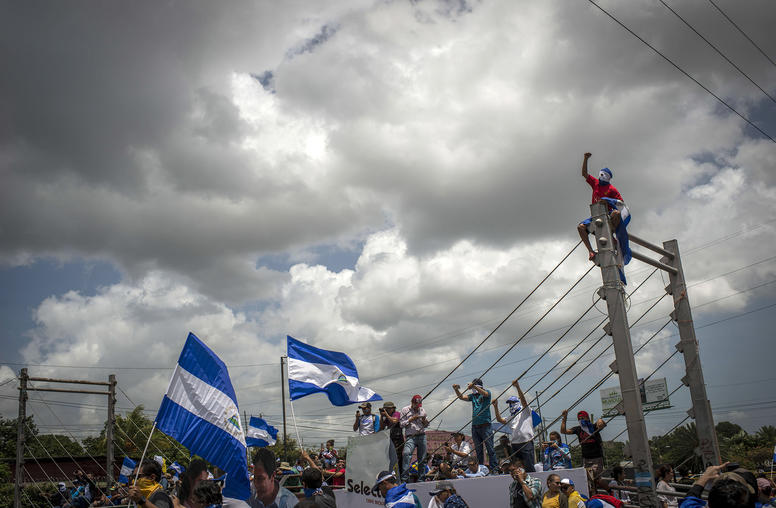
¿Es irreversible el descenso de Nicaragua a una dictadura?
Después de reclamar una victoria decisiva en las elecciones del 7 de noviembre, Daniel Ortega, quien ha estado en el cargo desde 2007, ahora podría liderar Nicaragua hasta 2027, convirtiéndolo en el gobernante con más tiempo en el poder en toda América Latina. El gobierno sandinista aseguró su victoria reprimiendo cualquier disidencia y arrestando a decenas de opositores al régimen. Para Estados Unidos, contrarrestar la corrupción y la represión en Centroamérica es un desafío no solo en estados hostiles como Nicaragua, sino también entre antiguos aliados como El Salvador, Guatemala y Honduras.
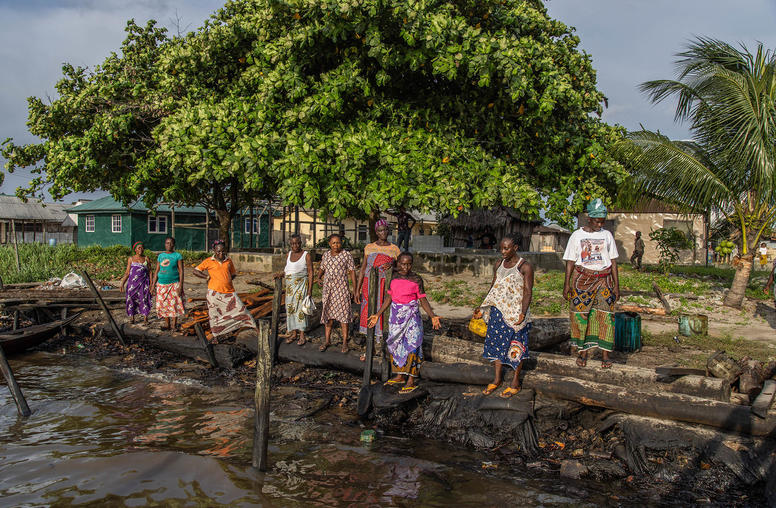
It’s Time to End ‘Business as Usual’ With Nigeria
Secretary of State Antony Blinken’s visit this week to Nigeria is timely, for Africa’s demographic giant is shuddering with its most dangerous instability in 50 years: insurgencies, uncontrolled criminality and constrictions of freedom of expression. Nigeria is failing to fulfill basic tasks of a nation-state, and its partners need to halt “business as usual” to open an honest dialogue about the current failings. For the United States, this means dropping some old practices in the way America engages Nigerians. U.S. engagements must center more on Nigeria’s citizenry, notably the 70 percent who are younger than 35, and with Nigeria’s 36 disparate states.
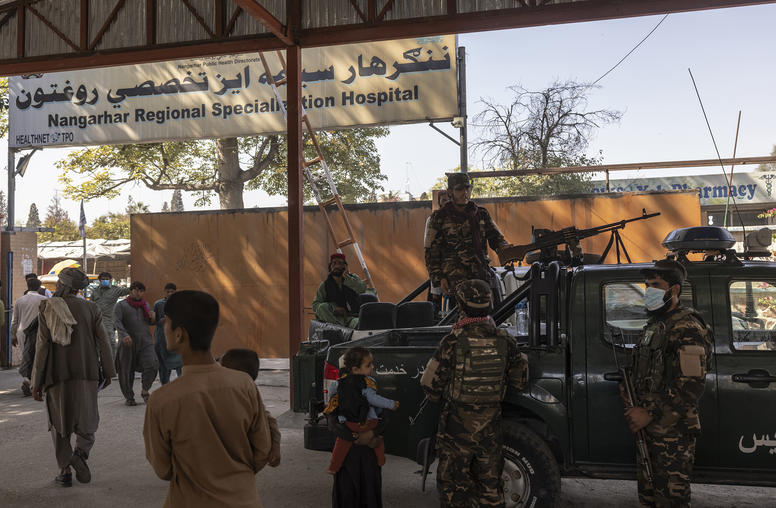
Aiding Afghan Local Governance: What Went Wrong?
After 20 years of an ambitious, costly international state-building effort, the government of Afghanistan collapsed in the summer of 2021 in a matter of weeks. The Afghan security forces’ remarkably rapid defeat earned significant attention, but the Taliban victory over the internationally backed Afghan republic stemmed equally from deep-seated political and governance factors. Across all the facets of the Western state-building endeavor in Afghanistan, there is now an enormous need to assess how the international project fell so far short of its aims.
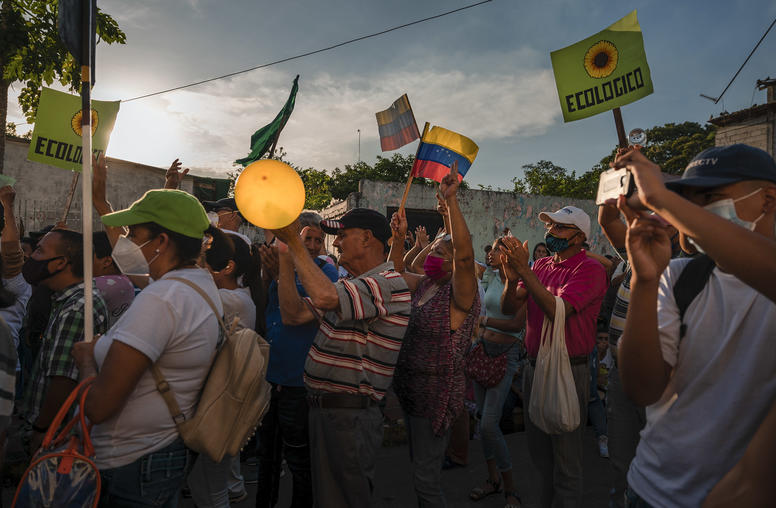
Many Venezuelans Choose a Flawed Election Over No Election
Venezuelans elected governors, mayors and local officials November 21 in a vote condemned by many as stacked hopelessly against the opposition or simply fraudulent. An increased turnout over elections last year appears to reflect many Venezuelans’ growing belief that they have gained little with voting boycotts. They believe participation in even a flawed election advances the concept of “re-institutionalization,” which aims to progressively reform the machinery of democracy after years in which it has been undermined by the ruling party. Advocates of this strategy say that restoring democracy must be a long game of incremental advances.
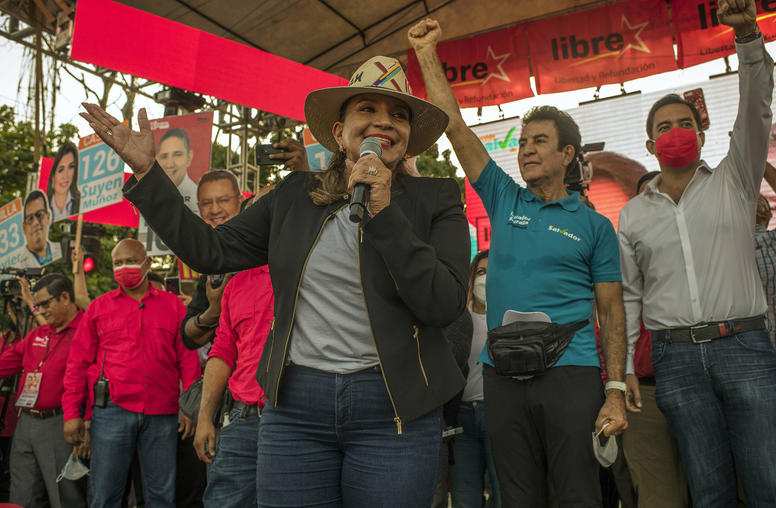
Amid Democratic Disillusionment, Can Honduras’ Historic Election Bring Change?
Hondurans made history on November 28, electing leftist Xiomara Castro as the country’s first woman president. In a country plagued by political instability and polarization, Hondurans also demonstrated how presidential power should be transferred in a democracy as Castro graciously received her conservative opponent, who then issued a statement calling for “reconciliation and unity.” .

Ante desilusión frente a la democracia ¿Pueden las históricas elecciones de Honduras traer el cambio?
Los hondureños hicieron historia el 28 de noviembre al elegir a la líder de izquierda Xiomara Castro como la primera presidenta en la historia del país. En un país plagado por inestabilidad política y polarización, los hondureños también demostraron cómo se debe transferir el poder presidencial en una democracia al recibir Castro gentilmente a su oponente conservador, quien luego emitió un comunicado pidiendo "reconciliación y unidad".

A Global Democratic Resurgence is the Best Path Toward Peace
The longstanding global decline in democratic governance has now reached its 15th consecutive year, with the number of liberal democracies falling from 41 to just 32 in the last decade alone. Consequently, authoritarian tendencies have crept into the spaces once held by democratic institutions, with increased government repression and exclusion fueling further instability and conflict.
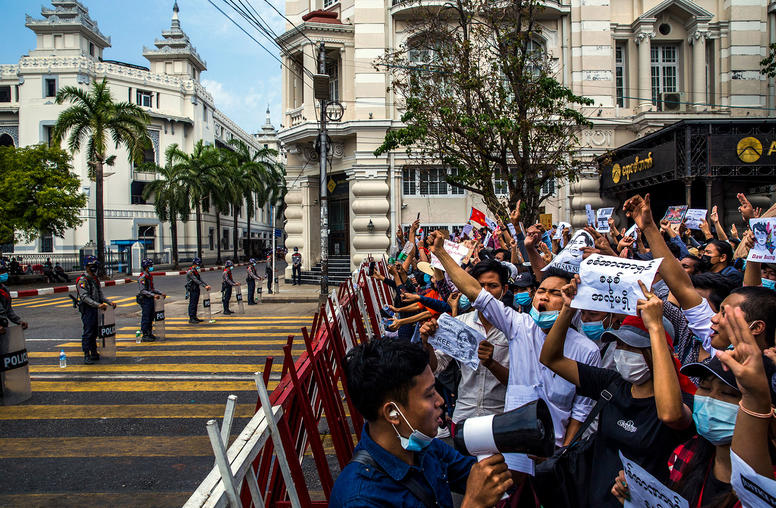
Myanmar Struggles to Reverse a Coup; Democracies Can Help
Few countries this year dramatize more powerfully the need for a global focus on strengthening democracy than Myanmar, now 10 months into a new chapter of military dictatorship and violence following its February 1 coup. Myanmar is a testament to the vulnerability of democracy when armed forces expect no repercussions for brutality and can rely on support from authoritarian governments which will arm, legitimize and finance them. As the United States and partners seek ways to boost democracy in this week’s White House summit, experts on Myanmar offered recommendations for policy.
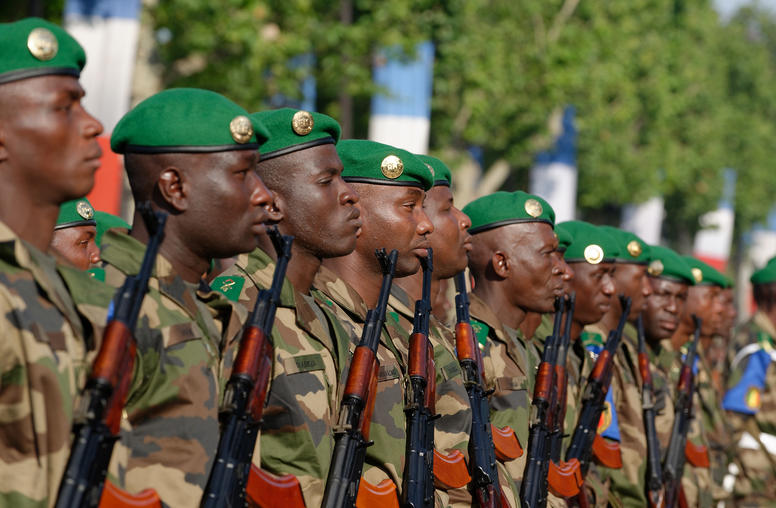
After Two Coups, Mali Needs Regional Support to Bolster Democracy
Amid a 15-year global democratic recession, the Biden administration is convening over a hundred nations this week to revitalize democracy. This comes at a critical juncture, as democracy’s defenders are reeling from the growing challenges posed by authoritarian foes. The West African country of Mali puts these challenges in stark relief, after the country experienced two coups in a year. Underlying the crisis of coups in Mali is a deeper crisis of state legitimacy, which has been exacerbated by Western security assistance overly focused on short-term counterterrorism gains.
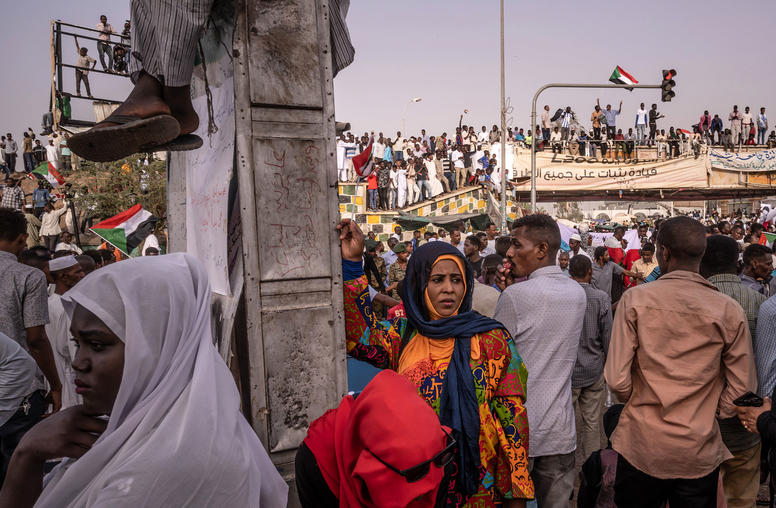
Putting Sudan’s Political Transition Back on Track
Sudan has been ruled by the military for 53 of the 66 years since it gained independence in 1955. On October 25, the military, in a familiar move, seized power throwing into question the political transition that would result in civilian rule. The civilian cabinet was dissolved, its leaders arrested and a state of emergency declared. Coup leader Gen. Abdel Fattah Burhan cited well-worn excuses to justify his actions. Ousted Prime Minister Abdalla Hamdok was later reinstated to lead a technocratic cabinet until elections scheduled for July 2023.